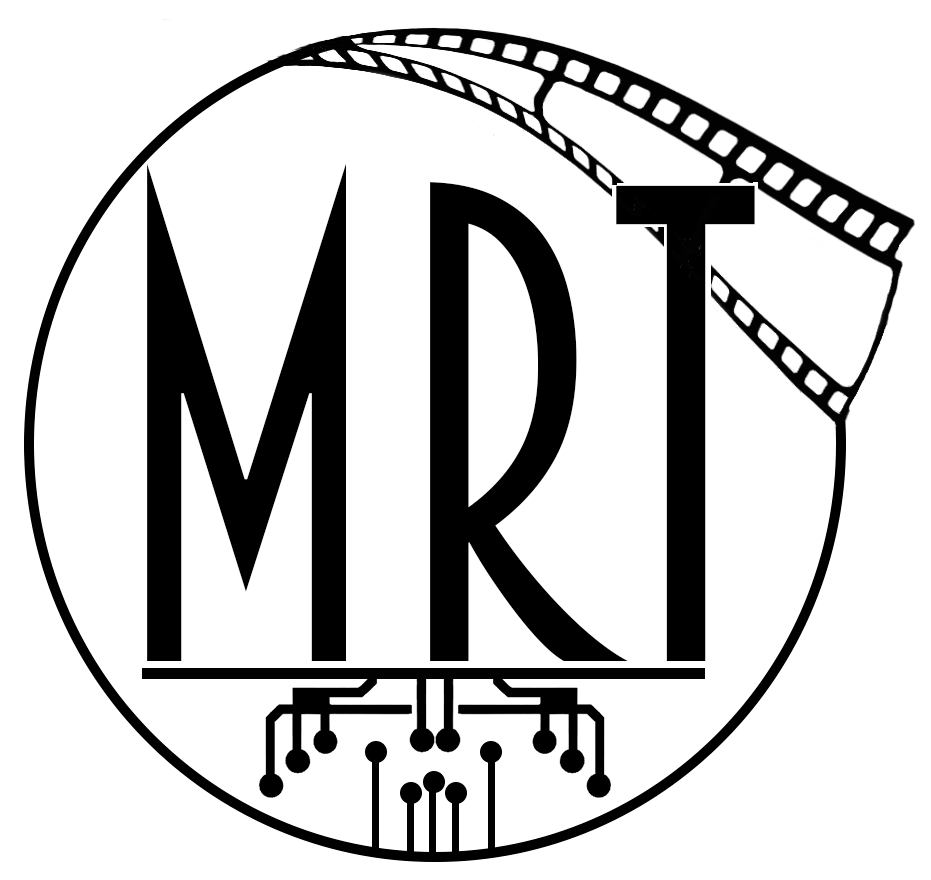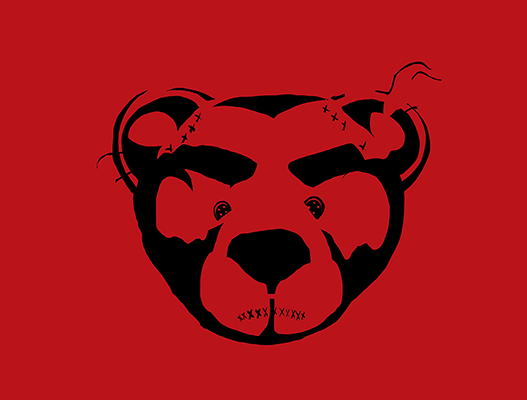
Above is a promotional photo taken for my horror short film "Mansion of Terror". Our stills photographer for the shoot bailed on us, so I was forced to set up a photo shoot and serve as my own photographer. I was lucky our talented cast came back for the shoot. In the photo is the brilliant Ashley Rose, and one of the most fun actors I know, Andrew Green.
In January of 2006, I moved to Vancouver, British Columbia, after a strange five month stint in St. John's, Newfoundland. My goal was to get a start in Vancouver's film industry. I had little a clue of what I wanted specifically, but I knew I wanted to work as a crew member. Upon arriving in a city where I knew no-one, and had never visited, I fell back on what I knew best. With a background in improv comedy, I sought out any group or organization that held a semblance of familiarity to me. I auditioned for, and was accepted into a nine month “improvisor training program” with “Vancouver Theatre Sports”, and I became highly involved in a weekly cold-reading event called “The Actor's Drop-In”.
My love of cinematography, and some advice from my new “Actor's Drop-In” buddy, Drew Taylor, I enrolled myself into a three month “Introduction to Film Lighting” course at “Capilano College”. Around that same time, after taking an intense three day acting workshop “The Performer's Mastery”, I sat down with an actor I met at the workshop, who worked professionally as an IATSE Set Dresser. She set me up with a meeting with a professional television Director of Photography she was friends with. He gave me a some amazing advice towards becoming a cinematographer. The one piece of advice that mattered the most, was for me to buy a good digital SLR still camera, and take pictures of everything.
I went out, and immediately bought a “Canon Rebel XT” camera. I took pictures of everything: mountains, wildlife, cityscapes, and people at every event I attended. I played around with shutter speeds, lighting sources, angles, f-stops, focal lengths, and depths of field. I spent years experimenting with photography. I volunteered as a DOP on numerous short films, and even served as my own DOP on a couple of my short films. Although writing and directing eventually took over my mind and heart, everything I learned through photography served me with my directing. I eventually wrote/directed/produced seven short films.
Film and television shows are stories told through cinematography, and photography is the root of that art-form Nothing feels better, than having your DOP tell you your shot can't work, and then running him/her through the process of making it work. On my short films, where I entrusted others in the role of DOP, there were multiple instances where my DOPs didn't think my shots would work, but work they did. The joys of “I told you so” aside, it's so valuable for a director to know both how to shoot and to edit. Understanding how different shots piece together, and seeing those shots materialize in your mind as you read the screenplay, is vital. You also don't want to waste time on set trying to convince the DOP and camera department to set up a sequence of shots they know can't be pulled off under your show's limitations; you also need to understand those limits.
I once entered a very talented team of cast and crew into a 72 hour filmmaking competition. It was one of the toughest shoots I undertook. I got very sick while shooting, and yet, we were nominated for five awards, and won two. I was nominated for “Best Director”, and our DOP won for “Best Cinematography”. A good stagehand friend of mine, Brian, whose knowledge of film production was limited, helped out with the shoot. When our DOP won her award – which she very much deserved – Brian looked at me and said “Why did she get the prize? You came up with all of the shots”. I did come up with all of the shots – some pretty complicated shots – but my DOP executed them brilliantly. My knowledge of the art-form allowed me to do my part, but also allowed me to best support my DOP in her work.
Directing is damned tricky, and the more you understand the various crafts involved (cinematography, production design, acting, screenwriting, and editing), the easier it is to communicate with your cast and crew, and bring out the best in them.
If you wish to learn more about me, you can check out my website at www.angrybearfilms.com



Comments